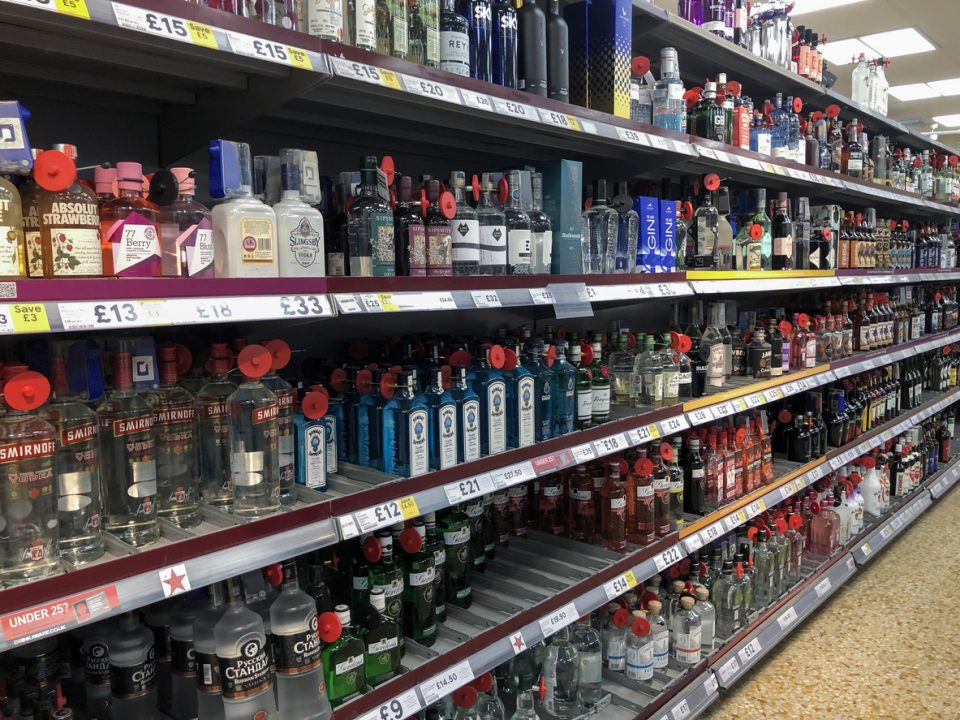People dependent on alcohol consumed less cheap drink and did not shift to using illicit drugs after minimum unit pricing was introduced in Scotland, research has found.
Scotland became the first country in the world to bring in minimum unit pricing (MUP) for alcohol in May 2018, with it currently fixed by the Scottish Government at 50p per unit.
Researchers interviewed adults entering treatment services in Scotland and northern England before and after MUP was implemented.
Public Health Scotland, which commissioned the University of Sheffield research, said early findings show “little evidence of negative consequences of MUP, such as a shift to use of illicit substances”.
The study found the proportion of people typically drinking alcohol at less than 50p per unit reduced substantially, from about six out of ten people before MUP to one in ten afterwards.
But there is evidence that some people who are dependent on alcohol may have reduced other expenditure due to spending more on drink.
Sixty-two per cent of participants said they have noticed prices changing, describing alcohol as “much” more expensive.
The majority of participants said they are not aware of any support available to them to cope with the rise in prices, adding that increased access to treatment services, financial support or advice, and awareness-raising about the policy, would be helpful.
Penny Buykx, associate professor at the University of Newcastle (Australia) and honorary reader at the University of Sheffield, led the study – which is part of a wider investigation by the researchers.
She said: “The initial results of this ongoing study show a sharp fall in the proportion of people who access alcohol dependence treatment that are consuming very low-cost products.
“Crucially it also finds few reports of either substitution to illicit, stolen or non-beverage alcohol, or increased use of other substances, after MUP was introduced.
“However, whilst people with alcohol dependence expressed a need for support to prepare for price rises, many were not aware of this support being available to them, and there is an indication that some participants reduced their living expenditure to accommodate higher spending on alcohol.”
Professor John Holmes, professor of alcohol policy at the University of Sheffield, who led the overall study, said: “These early findings support previous results from the evaluation of MUP in Scotland by showing that the policy has reduced the availability of cheap alcohol, which was often consumed by those at greatest risk of harm from their drinking.”
Helen Chung Patterson, public health intelligence adviser at Public Health Scotland, said: “This early report presents an initial description of the impact of MUP on people who are alcohol dependent.
“It is crucial that we also fully investigate MUP’s impact on alcohol consumption and spending among this group, as well as any further positive or negative secondary effects of the policy.
“A final report of this package of work, which will capture these findings, will be published in 2022.”
Follow STV News on WhatsApp
Scan the QR code on your mobile device for all the latest news from around the country


 iStock
iStock
























